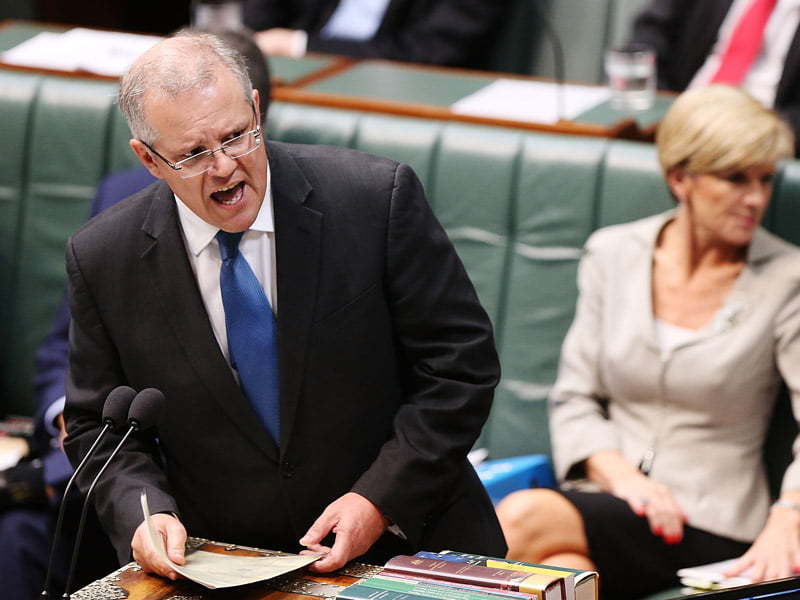Legislation extending equity crowdfunding to private companies has been delayed again despite enjoying bipartisan support, meaning the new regime won’t come into effect until at least September, a year after the bill was first introduced to Parliament.
The amendments to the Corporations Act allowing private Australian companies to undertake an equity crowdfunding round were passed by the lower house in late February after first being introduced in September last year.
The bill was set to be debated – with the expectation that it would pass – in the Senate on Monday night, but was put off as a result of the ongoing debate surrounding the government’s planned company tax cut.

The bill was again on the list for Wednesday, but was scratched from the schedule in the afternoon.
The Senate was adjourned on Wednesday night and won’t sit again until May 8, in the budget sitting week.
The equity crowdfunding legislation now enjoys bipartisan support, and would have sailed through had it been debated. The Opposition had successfully negotiated with the government to move an amendment reducing the wait time after the bill is passed to four months, rather than the usual six.
With Parliament not returning until May, this means the new equity crowdfunding scheme cannot come into effect until at least September, some 16 months since it was first announced.
Shadow minister for the digital economy Ed Husic said the government’s continual delays were “unbelievable”.
“It’s just staggering that the government couldn’t get its act together to have the equity crowdfunding laws ticked off by the Senate,” Mr Husic told InnovationAus.com.
“By the time Parliament resumes in May, it will be exactly five years since the first steps were taken to bring these equity crowdfunding laws to life.”
“For a government that feels the need to constantly remind us about how ‘agile’ it is, they’ve become a laughing stock on this issue.
“By failing to get the new equity crowdfunding laws passed, the Turnbull government’s added yet another month of delay, to a bill that was introduced in September last year.”
The legislation originally had a six month royal assent period, but due to the ongoing delays, Labor had moved to cut this time in half.
After this was rejected in the lower house, the amendment to reduce to four months will be moved once the bill is debated in the upper house, and will have the support of the government.
“We had reached a productive compromise with them regarding the start date of the new regime, bringing it forward to meet the demands of the sector. And we would have been able to easily pass the legislation with the majority party support,” Mr Husic said.
Australia’s current equity crowdfunding scheme can only be accessed by unlisted public companies, effectively shutting out 99 per cent of local companies, especially startups.
In Scott Morrison’s second federal budget last year, the government announced it would expand the equity crowdfunding scheme to make it open for proprietary companies.
The current scheme requires a business to convert into a unlisted public company in order to undertake an equity crowdfunding round.
This was widely criticised by the tech and startup sectors and the Opposition, with many saying that it effectively locked out 99 per cent of Australian companies.
The expansion of the scheme to include private companies has been welcomed by both sides of the political spectrum and the tech startup industry, but there has been growing anger over the continual delays.
Legislation allowing for this expansion was introduced to the House of Representatives in September last year, but was left languishing in the lower house over the Christmas break, despite having the backing of the Opposition.
It was finally read for a third time in February and passed upstairs to the Senate. But despite appearing on the notice list multiple times, the government never got around to debating the bill in the Senate, and will have to wait until at least May 8 to do so.
Do you know more? Contact James Riley via Email.

